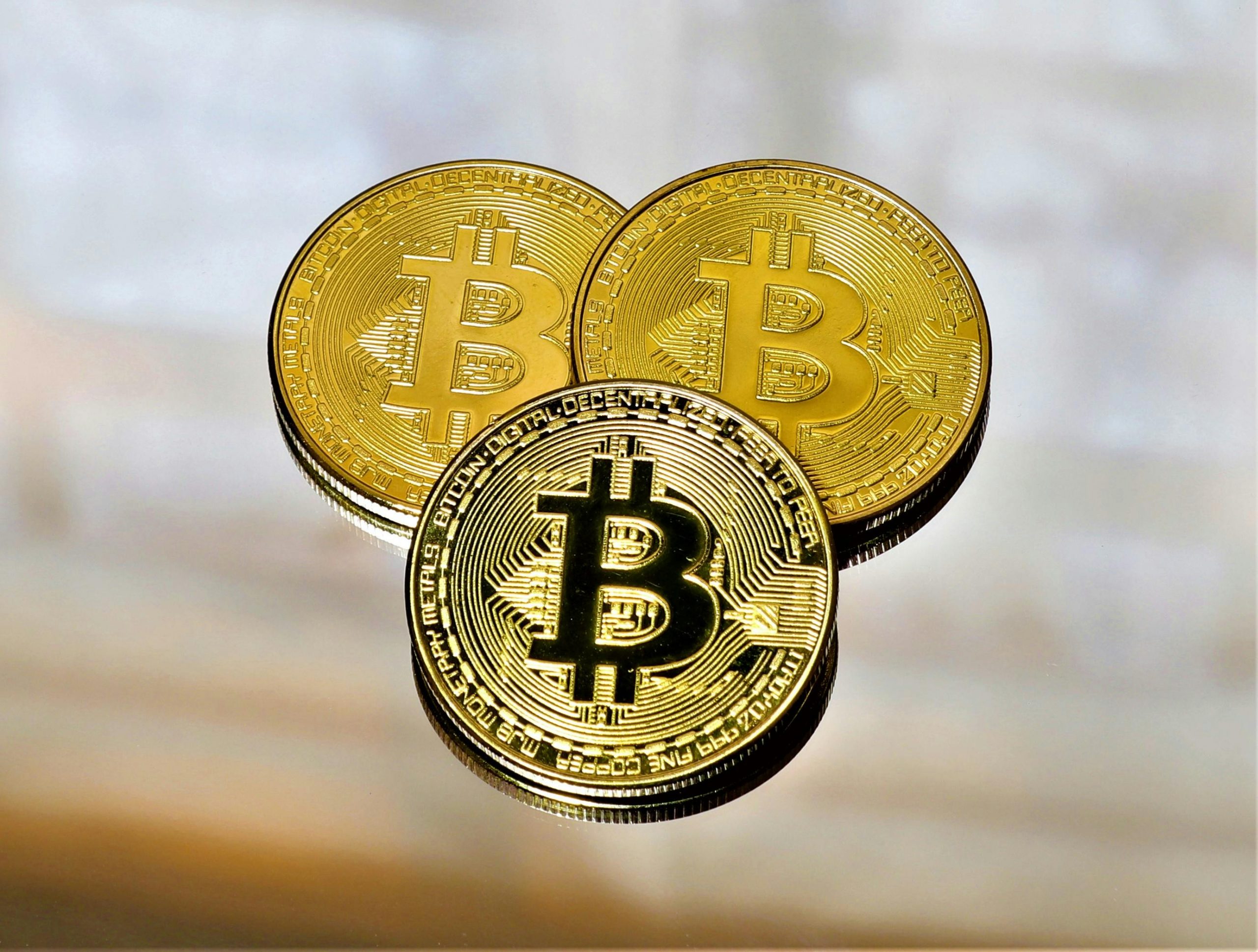Kelly
Editor

The SEC has reached a settlement with TrueCoin and TrustToken concerning unregistered sales of investment contracts tied to the TrueUSD stablecoin. This development underscores the regulatory challenges posed by the evolving cryptocurrency market. The settlement emphasises the need for adherence to securities laws to protect investors and maintain
The United States Securities and Exchange Commission (SEC), TrueCoin, and TrustToken have reached a settlement on claims of fraudulent and unregistered sales of investment contracts connected to the TrueUSD stablecoin. This is a significant regulatory step. This action demonstrates the SEC’s continued dedication to upholding stringent regulations in the quickly developing cryptocurrency sector, emphasising the importance of investor protection and transparency in the digital finance industry.
For their roles in the unregistered offering and sales of investment contracts from November 2020 to April 2023, the SEC filed lawsuits against TrueCoin and TrustToken. These contracts, linked to the TrueFi network and the cryptocurrency TrueUSD (TUSD), provided investors with significant profit-making potential. The federal securities rules mandating registration, intended to guarantee full disclosure and shield investors from possible investment risks and fraud, were not followed by these offers, as the SEC’s complaint makes clear.
TrustToken and TrueCoin chose to forego the uncertainty of a court trial in favour of a deal with the SEC. Although the settlement’s exact terms are unknown, they mainly involve financial fines and corrective activities to resolve the regulatory breaches. Settlements sometimes include agreements to enhance compliance methods and internal controls to prevent future violations, underlining the corporations’ obligations to conform to existing securities regulations.
This settlement powerfully underscores the SEC’s strict enforcement stance and its effects on the larger Bitcoin industry. It serves as a warning to other cryptocurrency companies about how crucial it is to abide by securities regulations, especially about the disclosure and registration of investment products. This collaboration may cause significant operational and strategic changes for TrueCoin and TrustToken, which might impede their market development but fortify their compliance frameworks to meet regulatory requirements.
The SEC’s proactive efforts demonstrate its growing power over the cryptocurrency business; among them is the imposition of nearly $1 billion in fines on various crypto companies. More apparent laws that consider the unique character of cryptocurrencies are being called for due to the community’s discontent and fear about this strict regulatory approach. Furthermore, the tangible consequences of these regulatory measures are apparent in the political arena, as the cryptocurrency sector has surfaced as a noteworthy benefactor of political candidates that push for a more progressive regulatory strategy regarding virtual currencies.
Crypto firms have responded to the tightening regulatory climate with caution since they are well aware of the SEC’s increasing lawsuit actions. The sector players are pushing for regulatory reforms that better reflect the unique characteristics of digital assets in light of the SEC’s increased scrutiny and lawsuit activity. The continuous discourse about the applicability of the Howey Test to cryptocurrency transactions catalyses deliberations regarding the necessity of a legal structure that acknowledges the decentralised essence of blockchain technology and the distinct attributes of digital currencies.
The digital asset market is changing with the introduction of Web3 technologies, posing challenges to established legal frameworks. Web3, which includes blockchain-based autonomous organisations and decentralised finance (DeFi), goes beyond the conventional boundaries of financial regulation and presents new issues about compliance, jurisdiction, and consumer protection. This change in technology puts regulators—like the SEC—in a position where ownership, governance, and financial transactions are carried out across decentralised networks without central monitoring.
Web3 significantly influences regulatory processes, which calls for a review of the securities regulations already in place, which were created for more centralised financial institutions. Web3’s built-in capabilities, including tokenisation and smart contracts, promise previously unheard-of levels of automation and efficiency but also have dangers for accountability, security, and transparency. These characteristics put the SEC under pressure to create fresh approaches to compliance enforcement and monitoring that safeguard investors’ interests while fostering innovation.
The TrueCoin and TrustToken case serves as a stark reminder of the pressing need for legislative frameworks capable of handling the complexities of Web3. Regulators must adjust to these developments as blockchain technology continues to support new business models by developing regulations that guarantee strong consumer protection and market stability without impeding technical progress. The future of finance will be significantly shaped by this changing regulatory landscape, which aims to strike a balance between the necessity for organised control and the dynamic possibilities of Web 3.